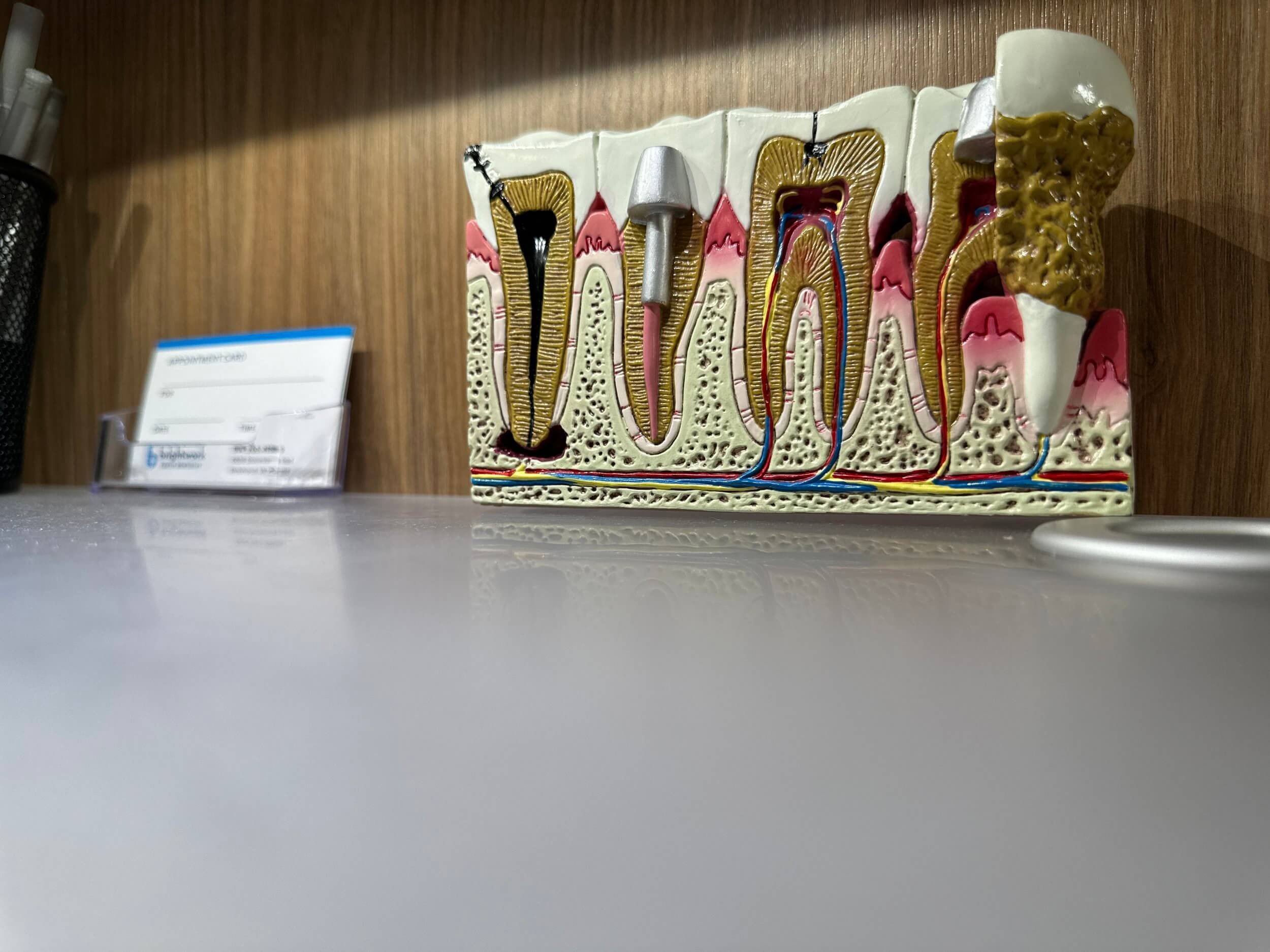
Sedation Dentistry
Anxiety
Long dental procedures
Low pain threshold
Sensitive gag reflex
Sensitive teeth
Sitting still
Taking Control of
Dental Anxiety
Many people experience some degree of anxiety when it comes time to see a dentist, but you don’t have to let those feelings keep you from your dental visit. Dr. Crowley offers sedation dentistry to help anxious or nervous patients feel comfortable getting the care they need. Speak with our team when booking your appointment to let them know if you need help managing dental anxiety.

“Great kind and caring service. Would highly recommend especially to anyone who may have anxiety issues. The staff makes you feel comfortable and always checks if you are doing alright.”
- Julie B. (Google 5 stars)
Sedation Dentistry FAQ
What is sedation dentistry?
There are typically 4 levels of sedation dentistry: minimal, moderate, deep, and general anesthesia.
When you’re under minimal sedation, you remain awake during the entire procedure, but you’re completely relaxed.
Moderate sedation may make it difficult for you to remember the procedure or treatment because you’re so relaxed. Some refer to this level as "conscious sedation," because you’re awake, but you may be quite groggy.
Deep sedation means you’re slightly conscious, and while under general anesthesia, you’re completely unconscious.
After you share your experience and concerns with your dentist they’ll make a recommendation based on the type of treatment you’re receiving and your tolerance for sedative medications and procedures.
Are these types of sedation safe?
Yes, our sedation offerings are completely safe.
Brightwork currently offers 2 types of sedatives: oral sedation and nitrous oxide.
Based on your dentist’s assessment during your initial consultation, he’ll recommend the sedation method best suited for your level of anxiety or fear and the treatment.
What is the difference between oral sedation and nitrous oxide?
Oral sedation is administered by your dentist, using a mild sedative, usually a specific pill that has similar effects to widely-recognized Valium.
Starting with a small dose taken an hour or so before your dental procedure, the oral sedative will relax and calm you.
Depending on your state of relaxation, your dentist may administer a higher dose of the medication for moderate sedation.
You’ll need someone to accompany you to the dentist’s office if you plan for minimal or moderate sedation, because you may still experience some grogginess after the procedure.
Nitrous oxide, or “laughing gas,” is a sedative administered by your dentist by placing a mask over your nose.
Ask you to breathe the gas which will cause you to relax.
This type of inhaled sedation helps your dentist monitor your relaxation and tolerance for the gas.
You’re usually able to drive after the procedure.


